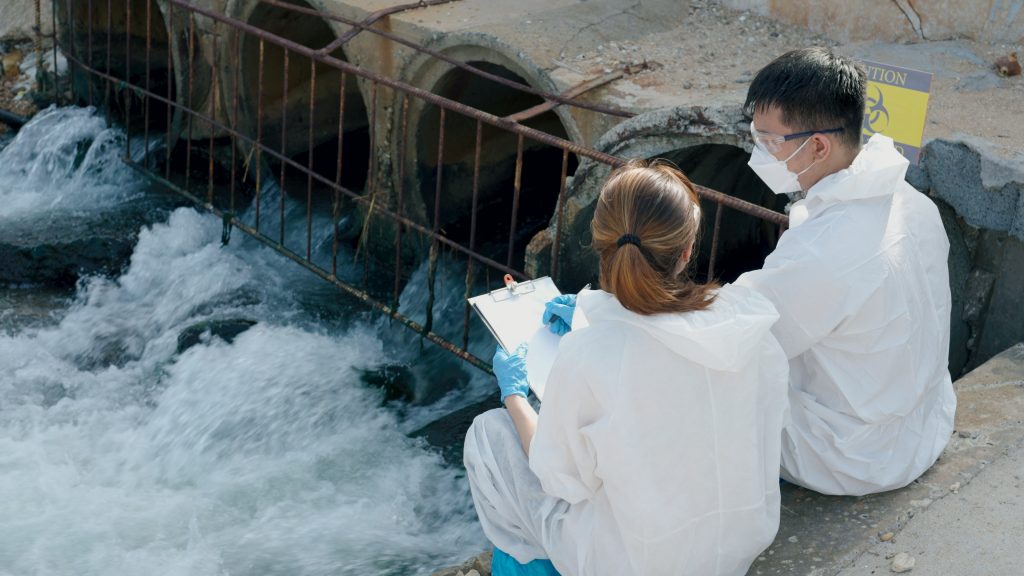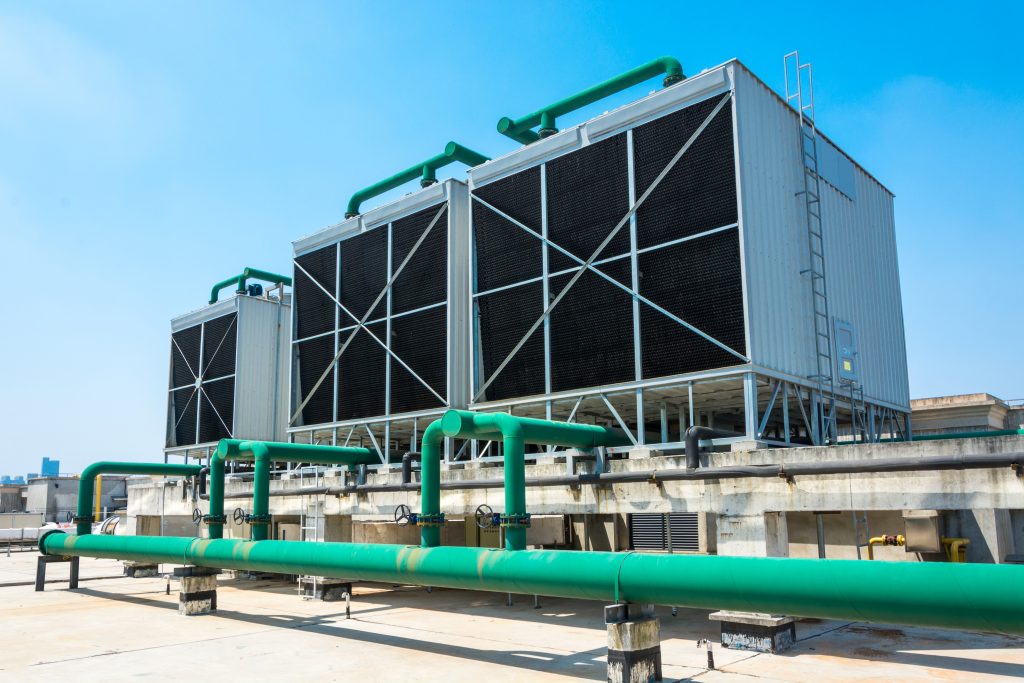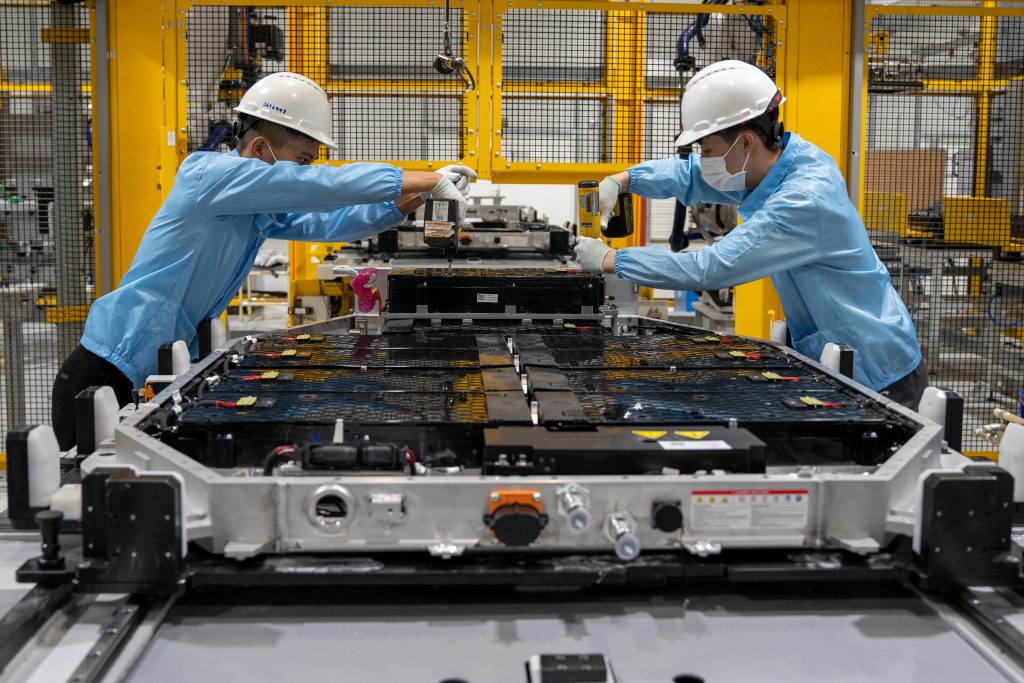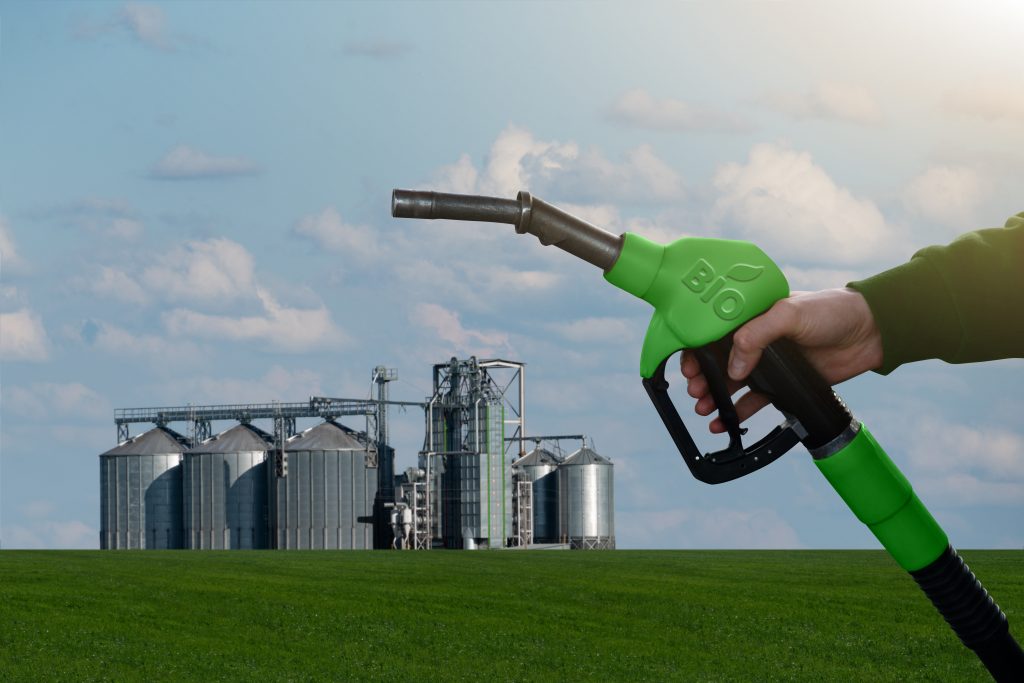Industries face mounting pressure to control and reduce contaminants, a significant and escalating issue. Non-compliance has a direct impact on business top and bottom lines, damaging brand, reputation, public, and investor trust.
At Aprisium, we aim to transform how industries manage and mitigate contaminants, because we believe that with early detection, contamination can be managed.
Solving the Contamination Problem
Aprisium's Innovation Solutions
Contamination testing has evolved into an important sector with global significance. It is driven by the rise of emerging contaminants, the urgency of the global water crisis, heightened environmental consciousness, mounting health and safety anxieties, and increasingly stringent regulations that impose severe penalties for non-compliance.
Aprisium provides game-changing innovative solutions to address the above challenges.
Wastewater Discharge & Wastewater Recycling
Industrial Wastewater
Contamination testing has evolved into a thriving sector with global significance. It is propelled by a convergence of factors, including the rise of emerging contaminants, the urgency of the global water crisis, heightened environmental consciousness, mounting health and safety anxieties, and increasingly stringent regulations that impose severe penalties for non-compliance.
In this landscape, Aprisium emerges as a game-changer, offering innovative solutions tailored to the distinctive challenges encountered by emerging industries in wastewater testing and monitoring. These challenges, characterized by the need for rapid detection and advanced capabilities, often surpass the capabilities of conventional testing labs. Aprisium’s cutting-edge technology fills this critical gap, ensuring these industries can proactively manage contamination, uphold compliance, and contribute to a more sustainable future.

Water & Coolant Recycling Management
Data Centers
Establishing a robust management system for testing and monitoring contaminants in data center water cooling towers is paramount. These systems conserve energy and water by ensuring optimal cooling tower performance while preventing corrosion and scale buildup caused by contaminants.
Moreover, as the industry explores coolant immersion data centers, rigorous testing and monitoring of coolants are essential. Coolants, if mishandled, can pose severe environmental risks due to their polluting nature. A systematic approach ensures the safety of these cutting-edge cooling solutions, enhances operational efficiency, protects the infrastructure, dramatically cuts costs, reduces environmental impact, and supports the data center industry’s commitment to sustainability and responsible resource management.

Mining Waste & Wastewater Discharge
Electric Vehicles & Battery Plants
Testing and monitoring wastewater discharge in electric vehicle (EV) production, EV battery mining (from the mine leachate and mine drainage), and battery manufacturing is crucial for mitigating environmental impacts. These processes involve contaminants like heavy metals (e.g., nickel, cobalt, lithium), solvents, and acids. Failure to manage these pollutants can lead to soil and water contamination, adversely affecting ecosystems and human health.
Additionally, as the demand for EVs surges, monitoring ensures compliance with environmental regulations, averting potential fines and reputational damage. By addressing contaminants proactively, the EV industry can minimize its ecological footprint, support sustainable practices, and contribute to a cleaner, more responsible future for transportation.

Water Recycling Management
Biofuel
In biofuel processing, significant environmental impacts are tied to water usage, underscored by the need to reduce Chemical Oxygen Demand (COD) from approximately 15,000 ppm to 100 ppm. Moreover, rigorous water testing for recycling is imperative for sustainable practices, and process enhancements are vital for minimizing the usage of costly and polluting catalysts and methanol. Monitoring the quality of biofuels through conductivity and total reactance assessment is essential to ensure their efficiency.
These measures present a substantial opportunity, not only in terms of wastewater recycling but also in the precise measurement of total conductivity and reactance in fuels, highlighting the growing imperative for environmentally responsible and efficient industrial practices.

